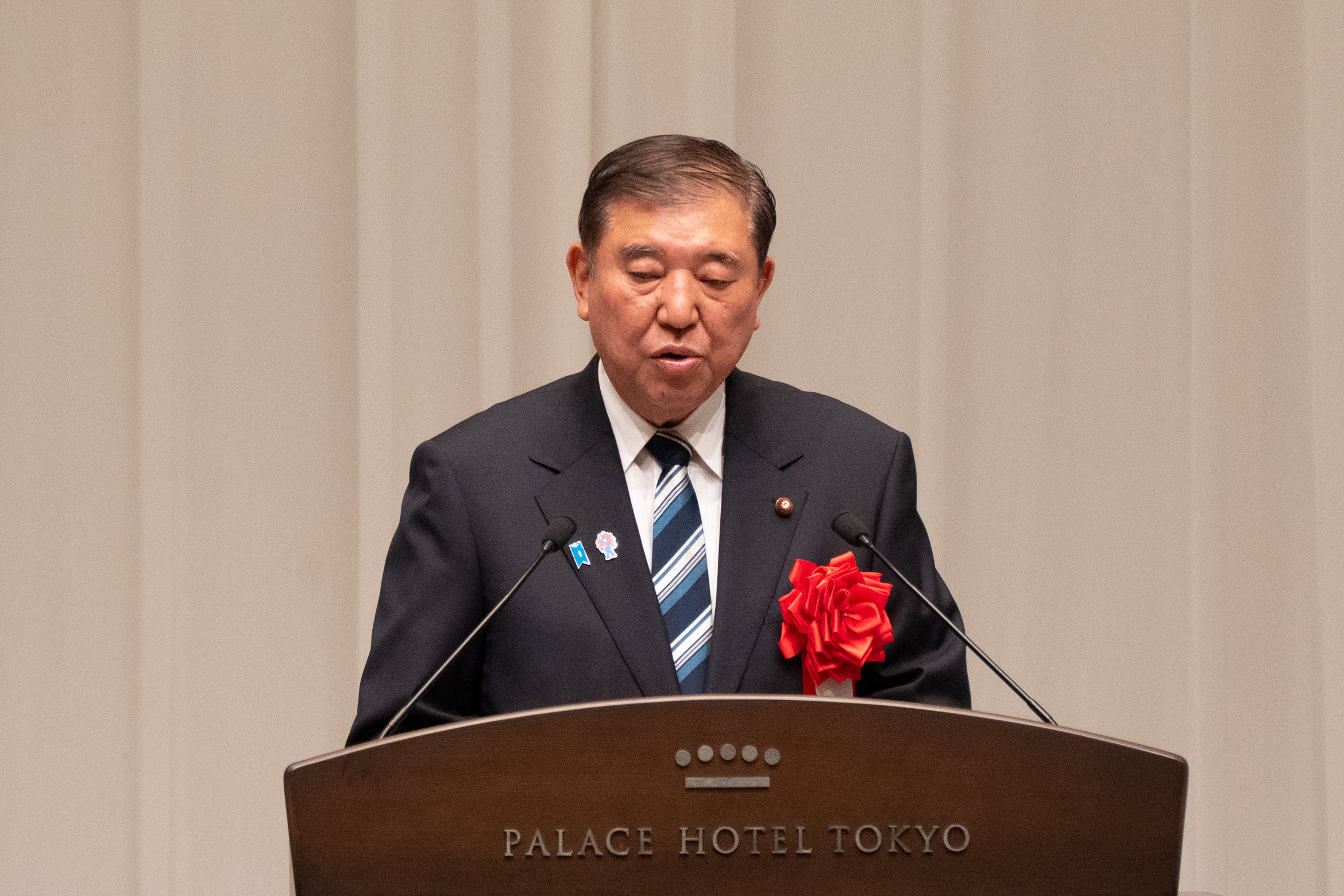Japan’s Ishiba Resigns; LDP Eyes Takaichi, Koizumi, Hayashi
By Mantasha - Sep 07, 2025
Japanese Prime Minister Shigeru Ishiba resigns due to electoral setbacks, with potential successors including Sanae Takaichi, Shinjiro Koizumi, and Yoshimasa Hayashi. The Liberal Democratic Party prepares for a leadership contest amidst challenges, with opposition leaders considering cross-party alliances as Ishiba stays on in an interim role.

Shigeru Ishiba via Wikimedia Commons
In a dramatic turn of events on September 7, 2025, Japanese Prime Minister ,[object Object], announced his resignation following a series of electoral setbacks that stripped the Liberal Democratic Party (LDP) coalition of its parliamentary majority. Despite securing a pivotal trade deal with the United States, Ishiba chose to step down, citing responsibility for the LDP’s losses and hoping to stem internal party strife.
Since taking office in October 2024, Ishiba had campaigned to “make the nation smile again,” but rising living costs, sluggish growth, and repeated parliamentary setbacks eroded his support. The defeat in the July upper house elections dealt a particularly heavy blow, making the LDP a minority in both chambers—a first since its post-war dominance began.
With Ishiba’s departure, the LDP has launched preparations for an internal leadership contest expected to take place in early October. Key contenders include: ,[object Object], (64), a conservative former minister potentially making history as Japan’s first female prime minister. ,[object Object], (44), a reformist with a popular persona and younger appeal. Yoshimasa Hayashi (64), an experienced diplomat and cabinet secretary known for supporting central bank independence.
Possible initiatives from their leadership may range from looser fiscal policy (in Takaichi’s case) to stabilizing economic strategy and maintaining institutional credibility. Meanwhile, oddsmakers don’t discount a surprise bid from the opposition. Leaders like Yoshihiko Noda (CDP) and Yuichiro Tamaki (Democratic Party for the People) have floated the idea of forming cross-party coalitions, as the LDP’s weakened position could open the door to broader alliances.
Ishiba will remain in an interim capacity until a new LDP president and prime minister is selected. His resignation, while designed to prevent further party fragmentation, marks a turbulent moment for Japan—a turning point necessitating unity amid rising geopolitical headwinds and economic uncertainty.


